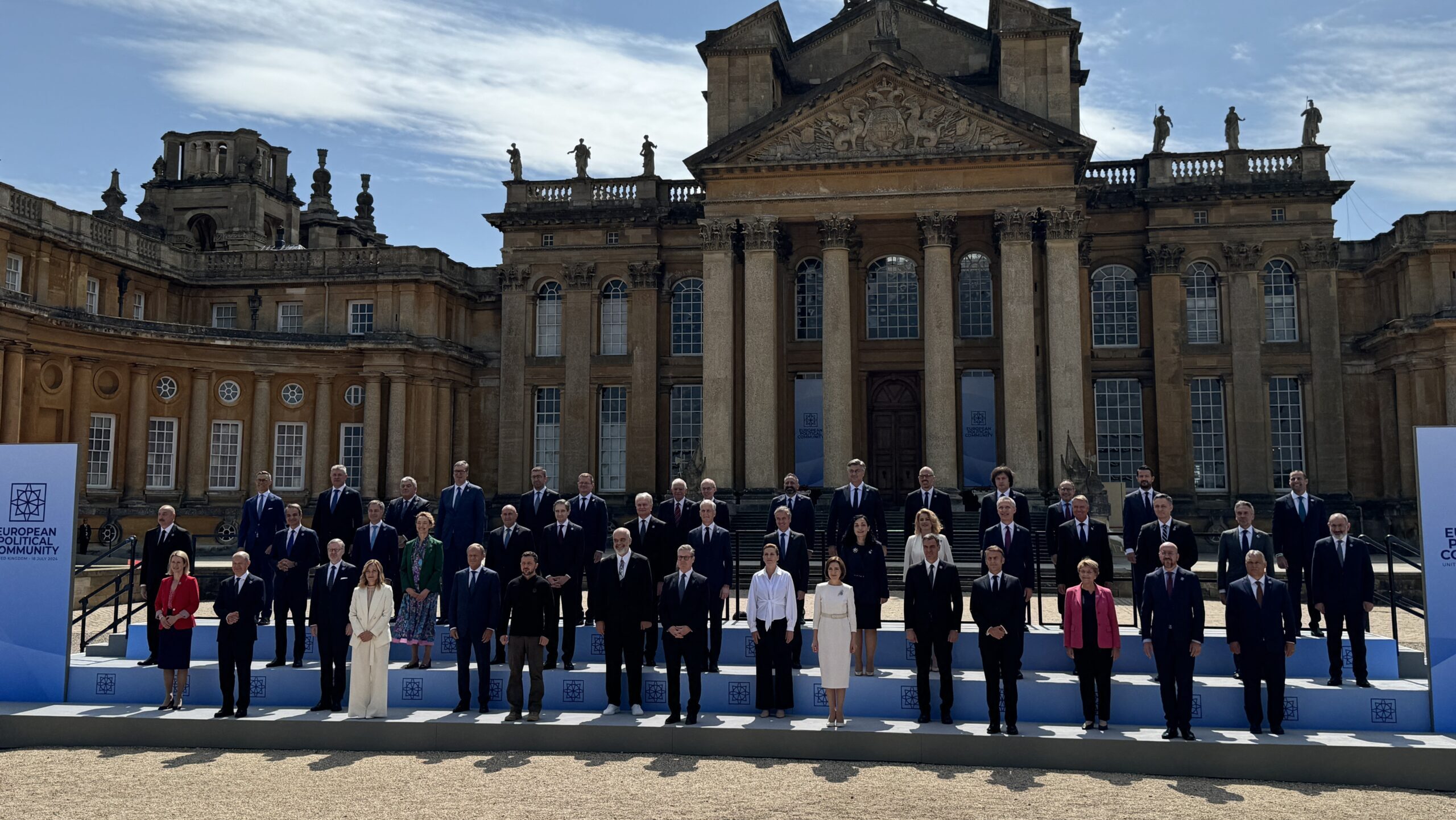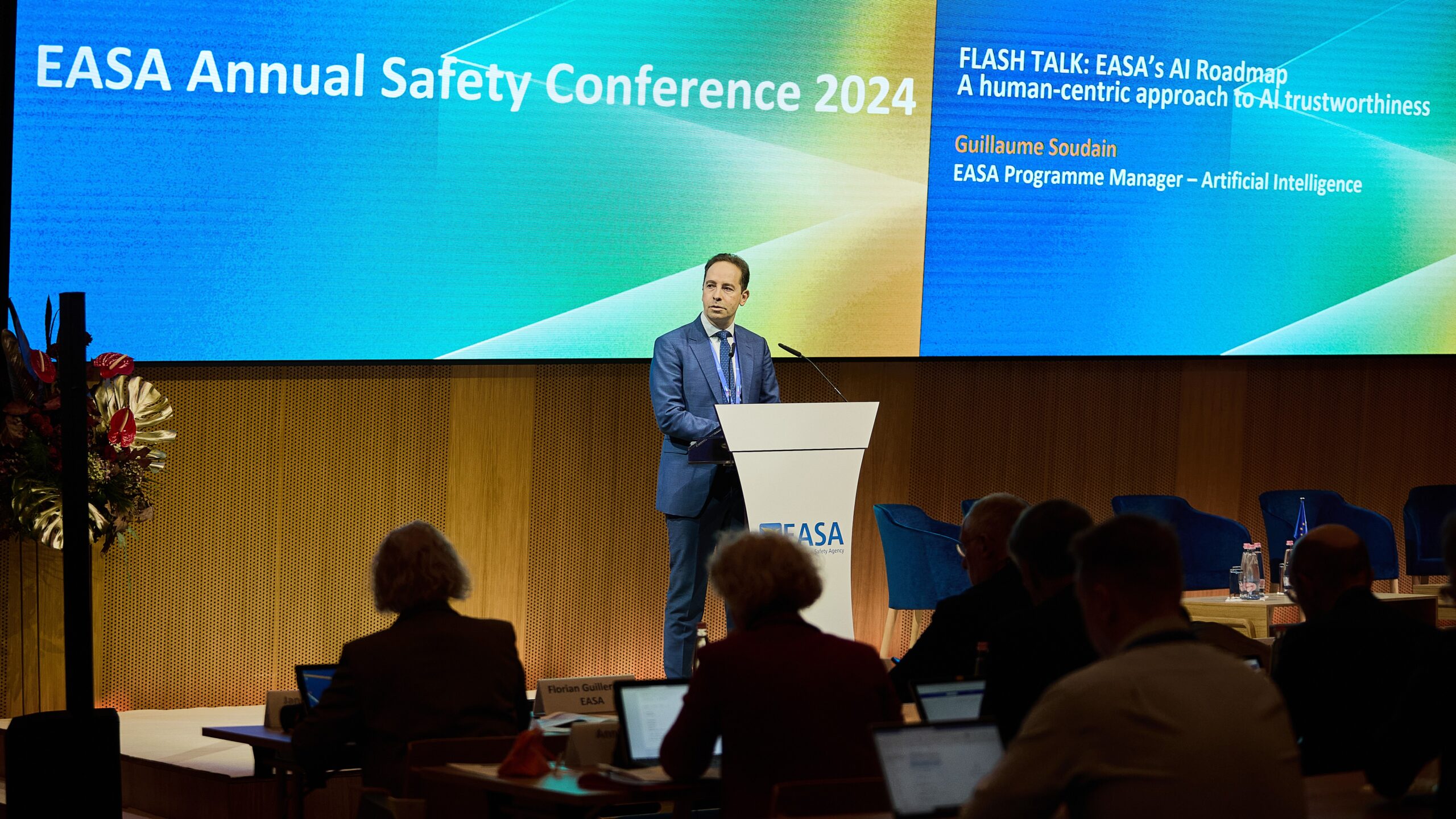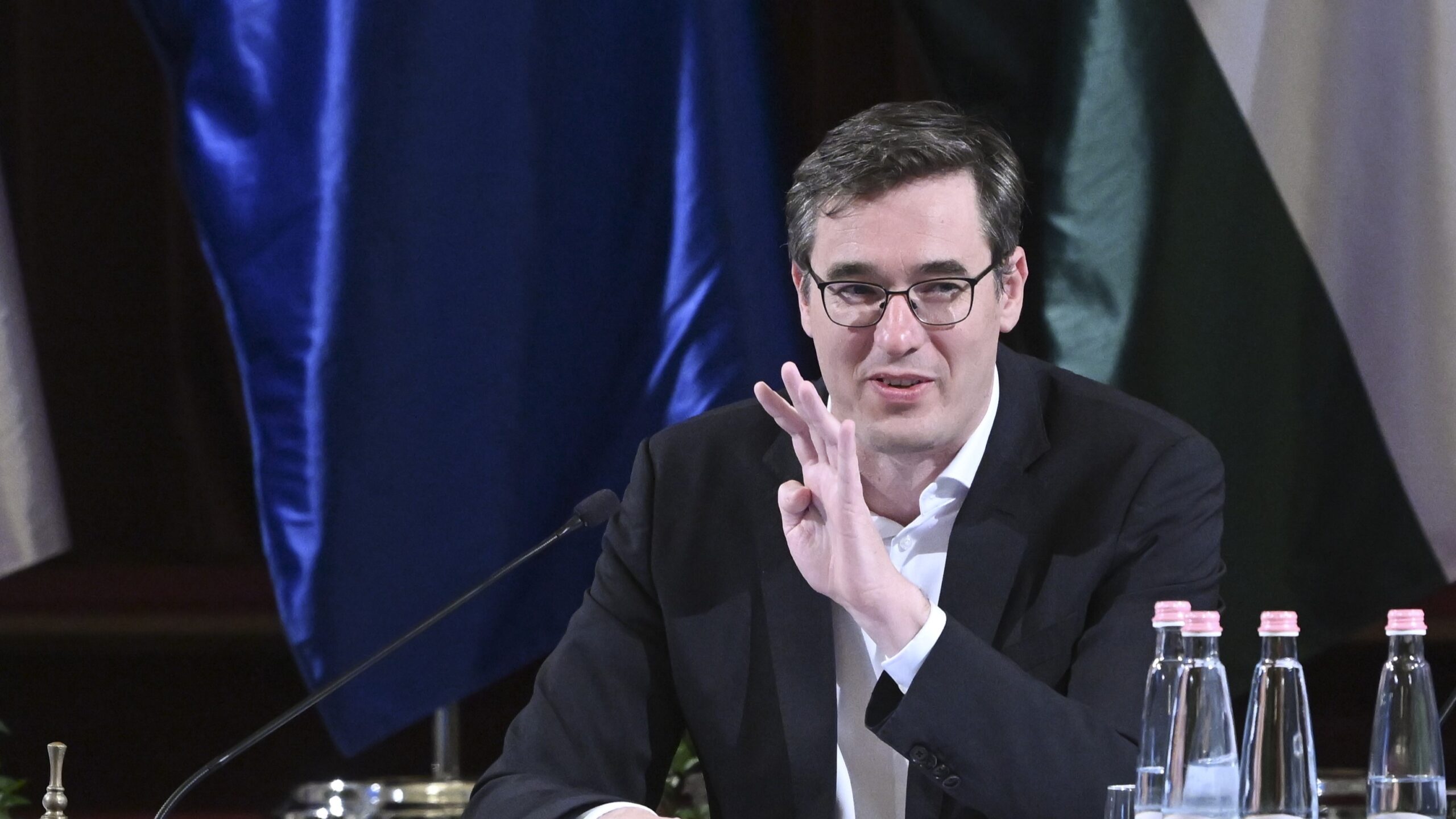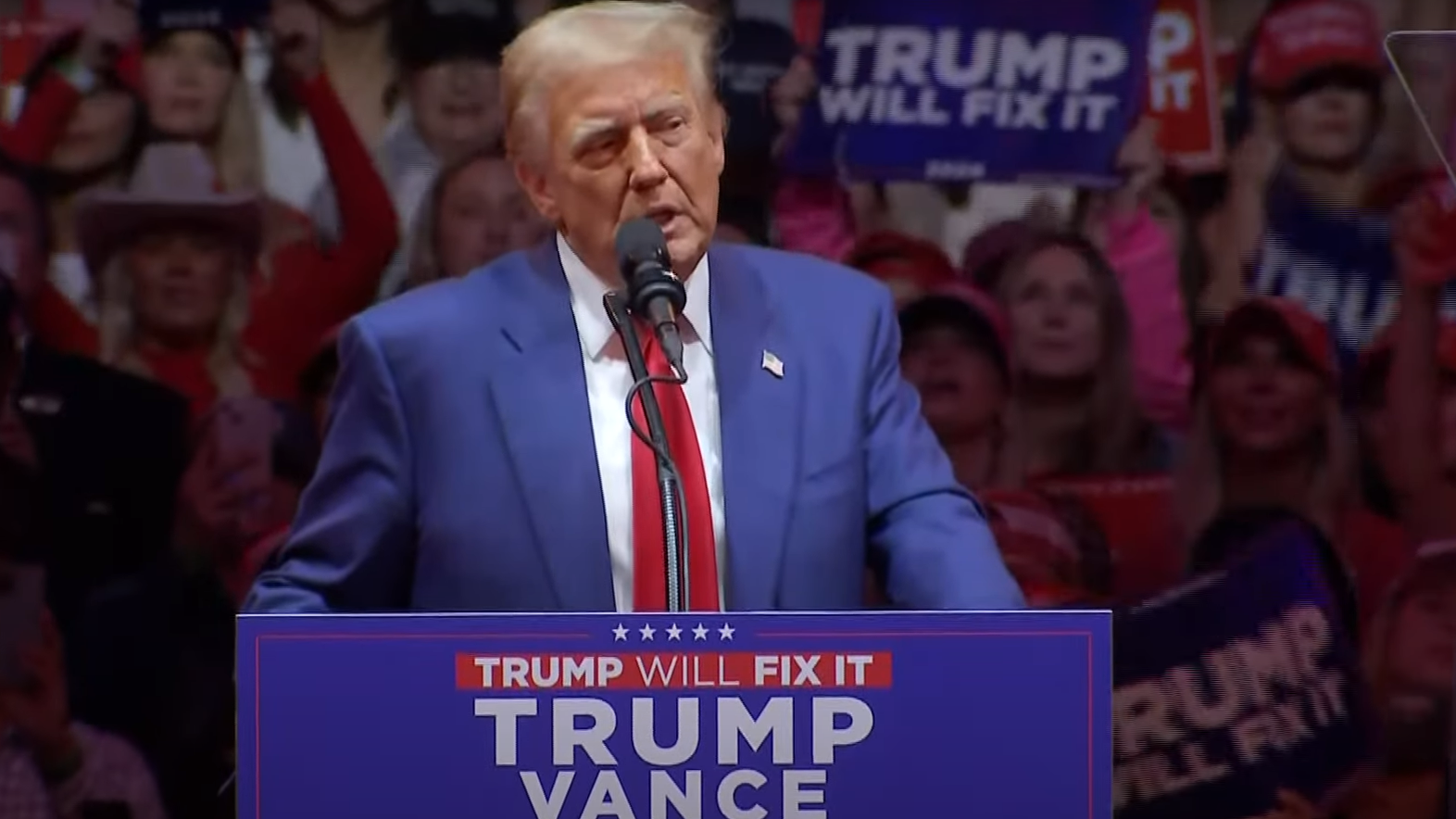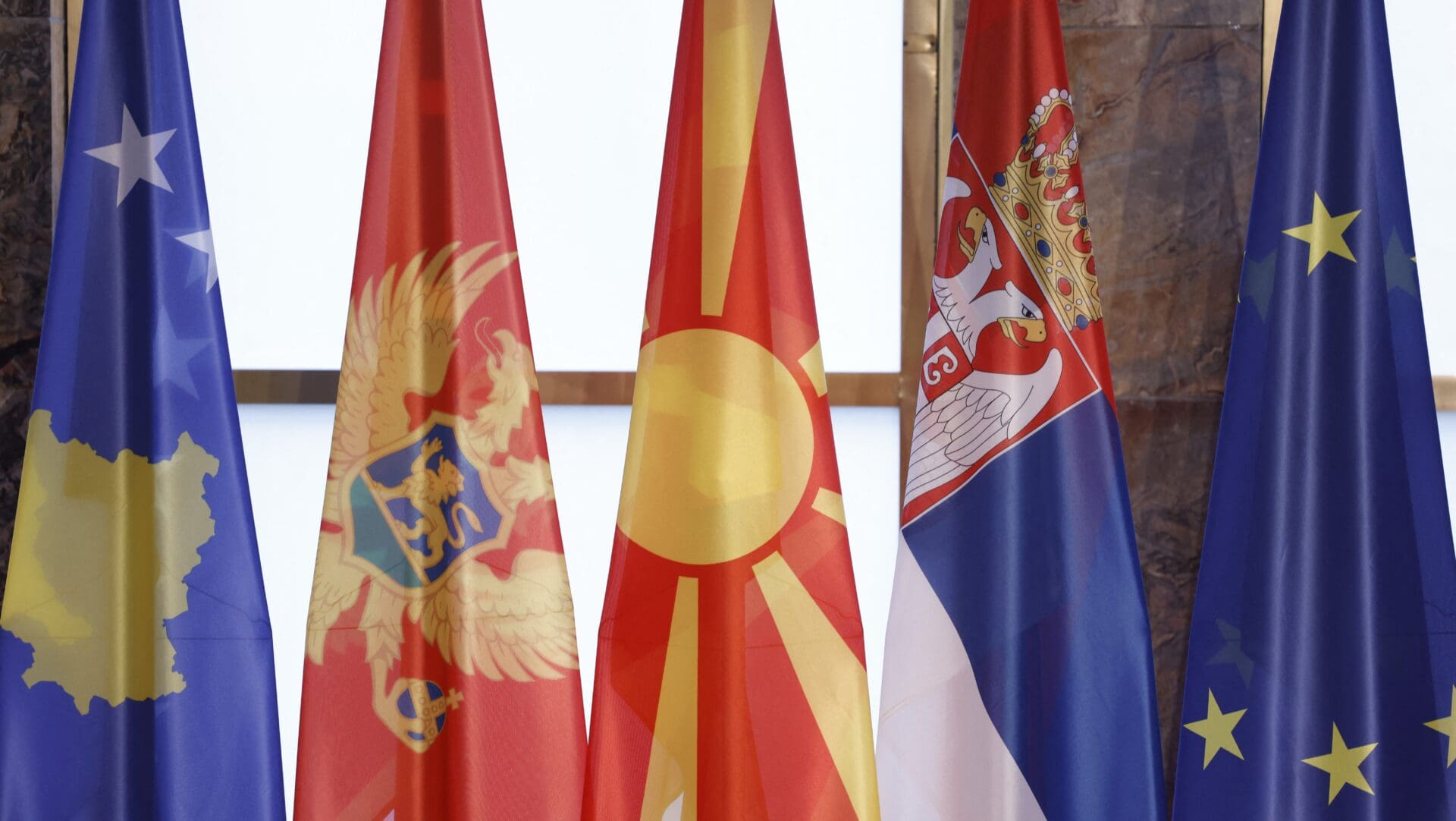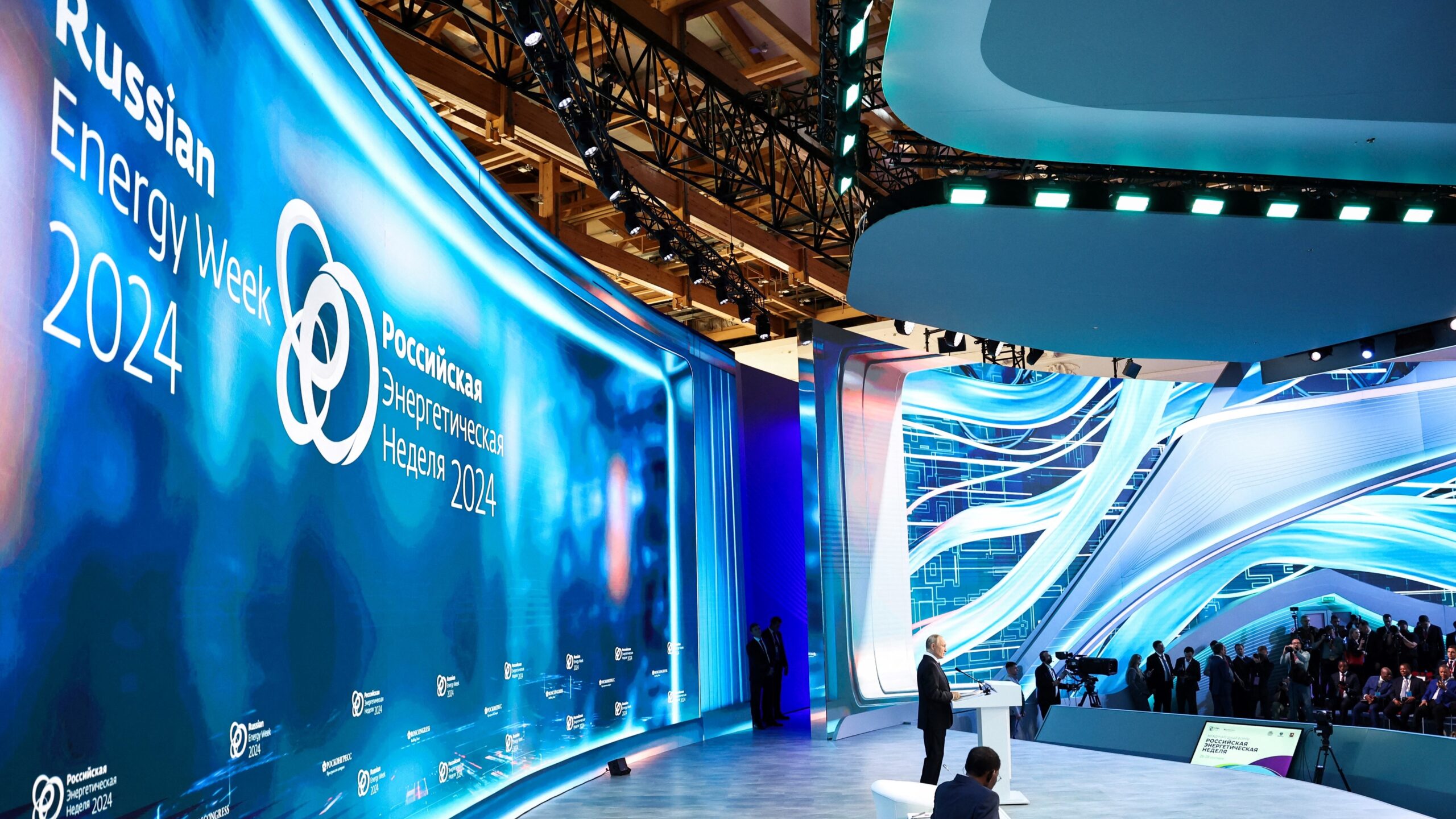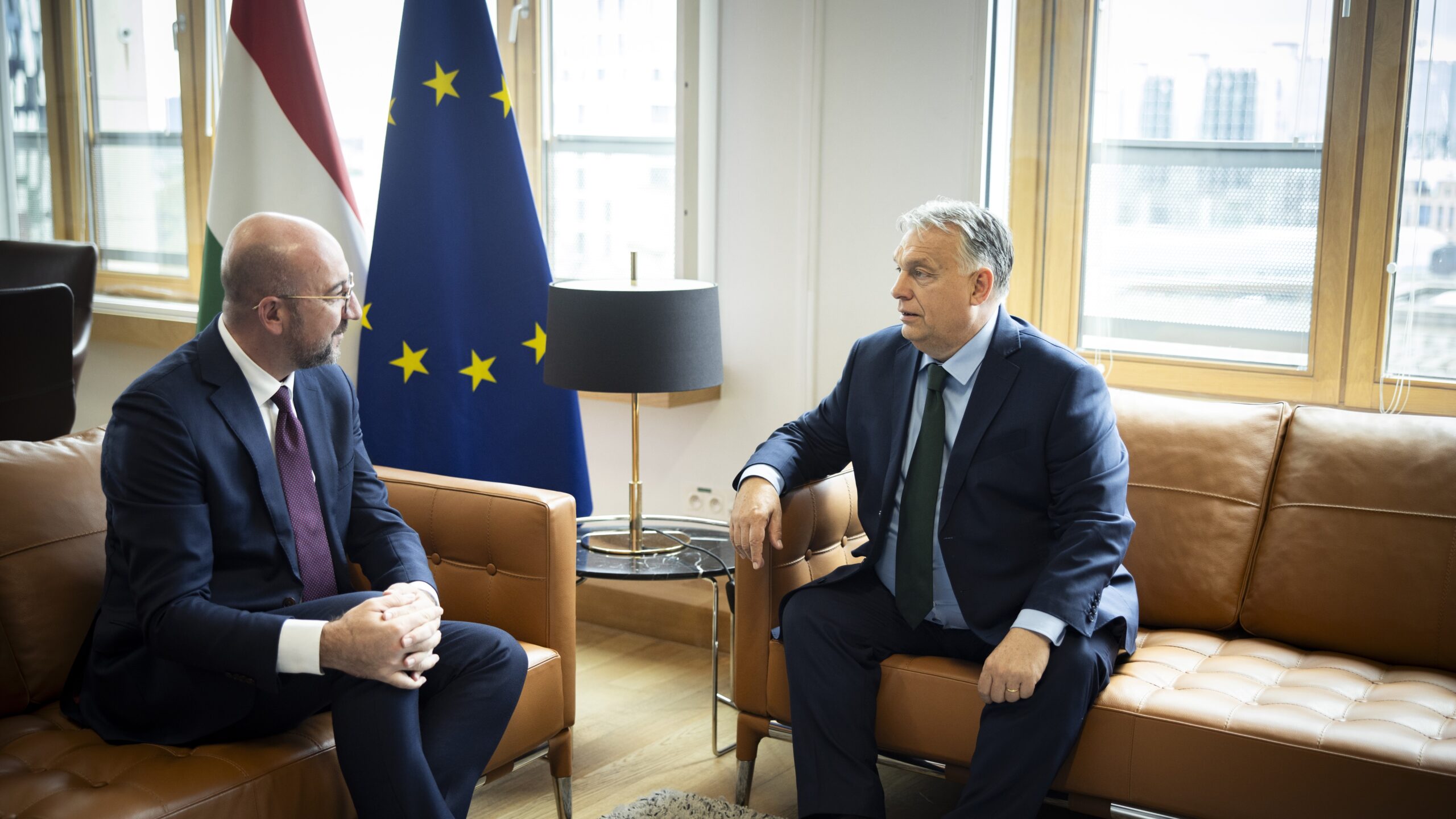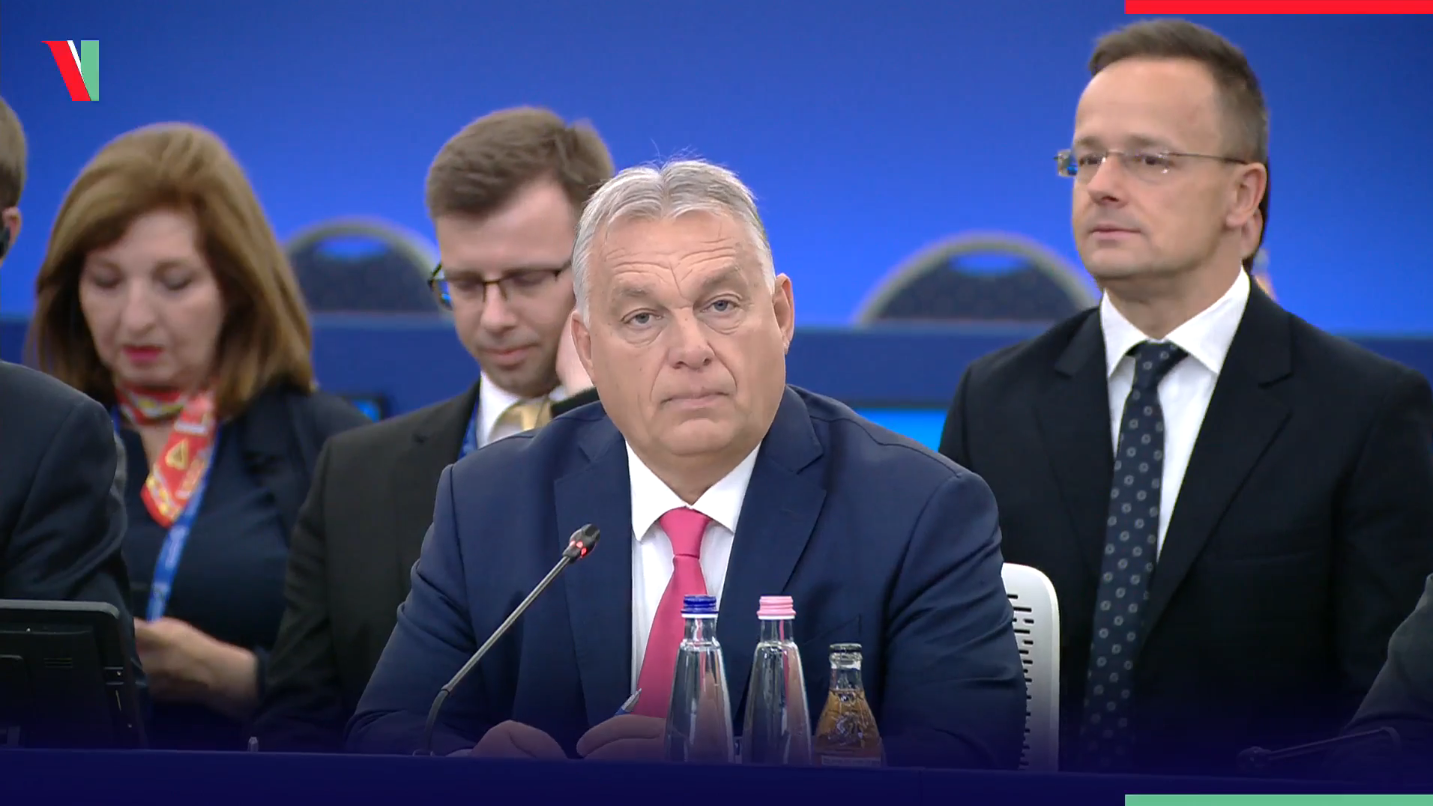
Viktor Orbán Opens European Political Community Summit in Budapest
Prime Minister Viktor Orbán inaugurated the European Political Community (EPC) summit in Budapest, highlighting the unprecedented diplomatic scale of the event in Hungary’s history. He underscored the security, migration, and economic challenges Europe faces, as well as the significance of the US presidential election for transatlantic relations.

